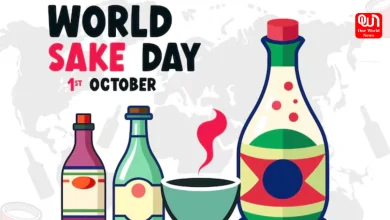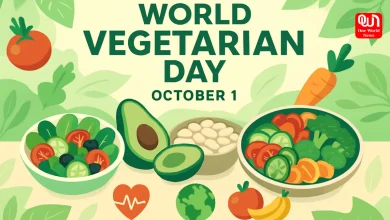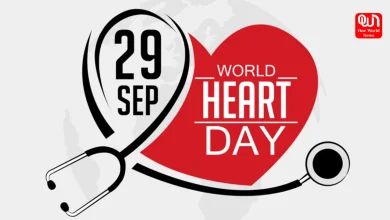This Navratri Fast With Care, Long Fasting May Cause Health Issues

Here are issues related to Navratri fast
Highlights:
- Kinds of Navratri fast
- issues related to Navratri fast
Navratri fast: We have entered the festival season, starting with Navratri. Well, we are sure you must be very excited about this Navratri, the festivities, the optimistic vibes, and the welcome of Maa Durga to our homes. Well, we too are excited, but here, we are going to go through some knowledge that you might not feel right to follow, but trust us, you need to read this.
Well, we all know the tradition of fasting for the nine days of Navratri, and we see that you keep these fasts with extreme faith and love for the goddess Durga. And it is a way of redefining psychological stability, spirituality, and self-control. Fasting or not is a personal choice, but hampering your health should not be something you choose. And the goddess doesn’t want you fasting at the risk of your health.
Read More- Maa Kushmanda Bestowed with Health & Wealth
Here are issues related to Navratri fast
Fasting will not lead to any problem that would be very evidently visible. Still, over the nine days, it can come out as problematic. According to the UK’s National Health Service (NHS), there are numerous health risks associated with intermittent fasting. Here are the case-specific problems that researchers have identified.
Fasting can leave you highly dehydrated
For people who experience dehydration, if they choose to fast, even with or without food, it can lead to spells of feeling extremely dehydrated, leading to headaches, dizziness and weakness.
Fasting can be physically and mentally challenging
If a person is used to having a proper breakfast, lunch, dinner and snacks diet. The Navratri fast can be physically & mentally challenging and trying for them. It can increase the stress level, lead to lack of concentration, disrupted sleep and further, hunger, stress and lack of sleep together will lead to added weakness, headaches and dizziness.
Read More- Navratri 2022 Ke 9 Rang, Mantras & What Navdurga Symbolises
Fasting can lead to heartburn
The mechanism of the digestive system is such that while digestion, stomach acids are released, which digest food and destroy bacteria. Now, while fasting, the lack of food leads to a reduction in stomach acids. And in this case, just thinking or smelling food can trigger the brain and stomach to produce more acid, leading to heartburn. If someone has a condition of regular heartburn (gastroesophageal reflux disease (GERD), they must rethink before fasting.
Fasting may take an additional toll on mental health
While in some cases, it is a way for self-control, in many cases, it gives way to poor mental health conditions. People with different mental health disorders like bipolar or BPD can end up being in spells of self-doubt of not being able to abide by the fasting challenge. While with those who have any emotional or psychological eating disorders, fasting can lead to amplifying the issue. It can be more problematic for those who are unaware of their condition.
Fasting could create problems for people with any medical condition like diabetes or Blood Pressure issues. With diabetes, if you take medicines like insulin, not eating can lead to hypoglycaemia, making them feel shaky, passing out, and in extreme cases or even leading to a coma. Also, when a person breaks the fast, it can lead to developing high blood sugar levels, called hyperglycaemia.
Where there were some case-specific issues, there can be other issues, too, depending on person to person. Where it is advisable that underweight people, individuals under the age of 18 and pregnant women must refrain from fasting, people with any medical condition, even the ones considered trivial, must at least consult their doctors before fasting.
Edit- Ayushi Mittal








